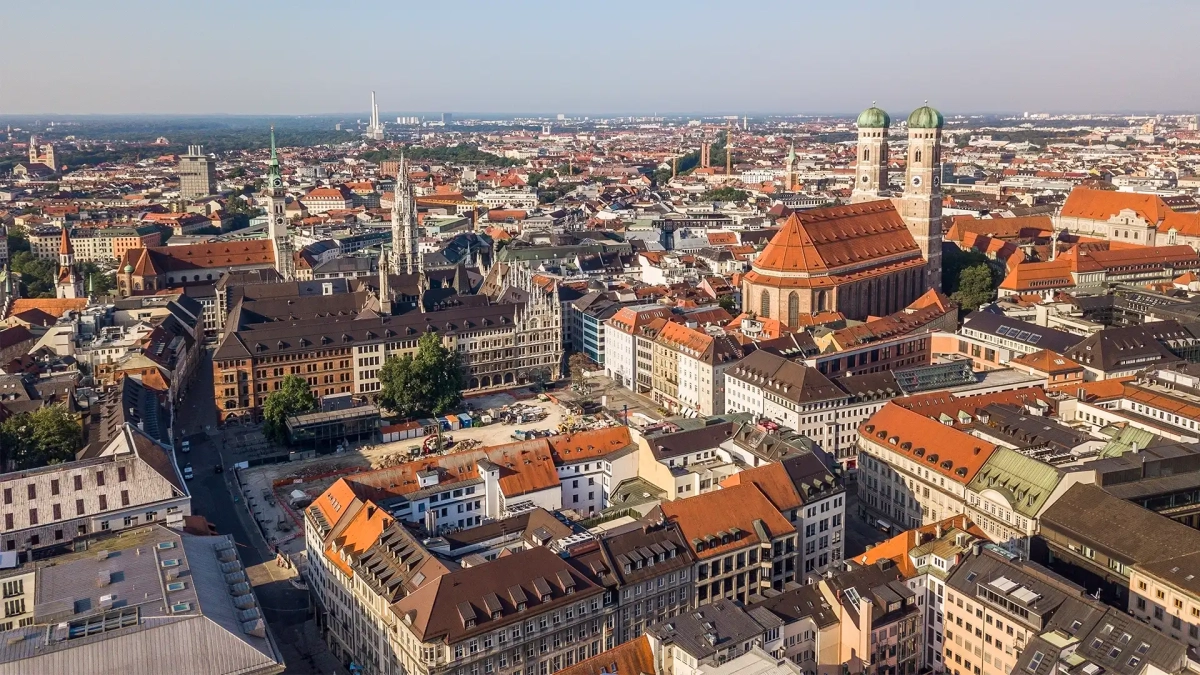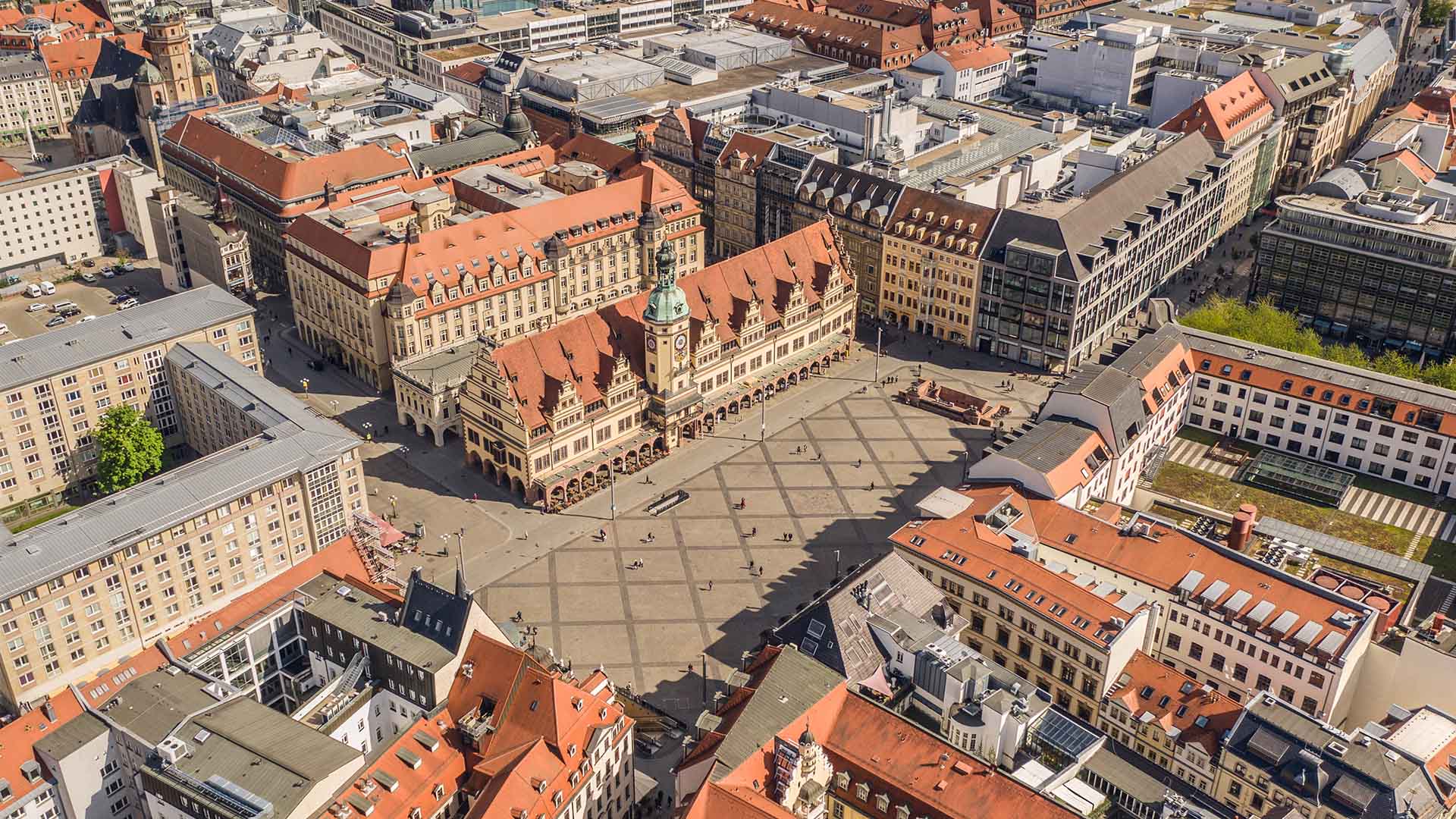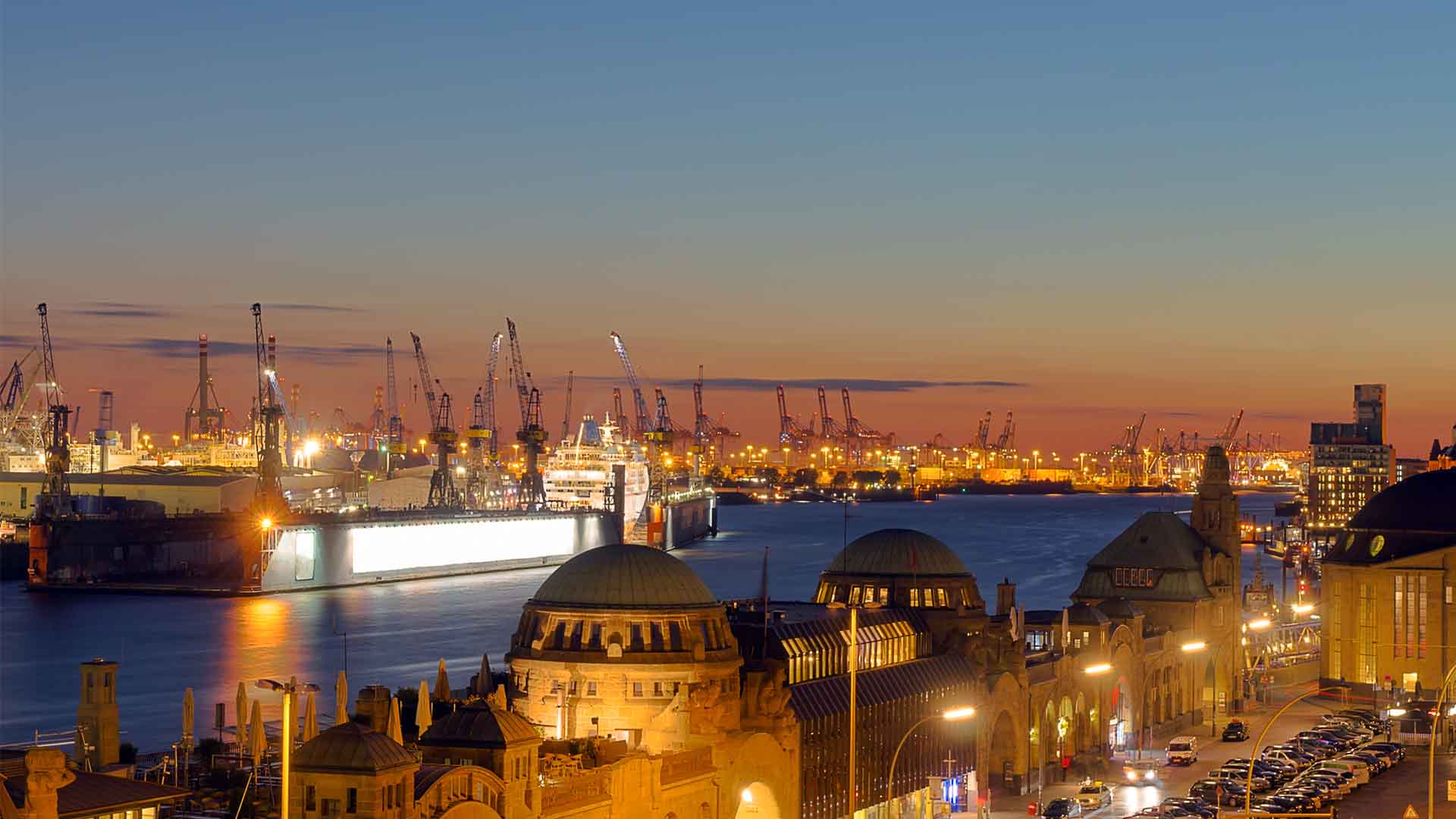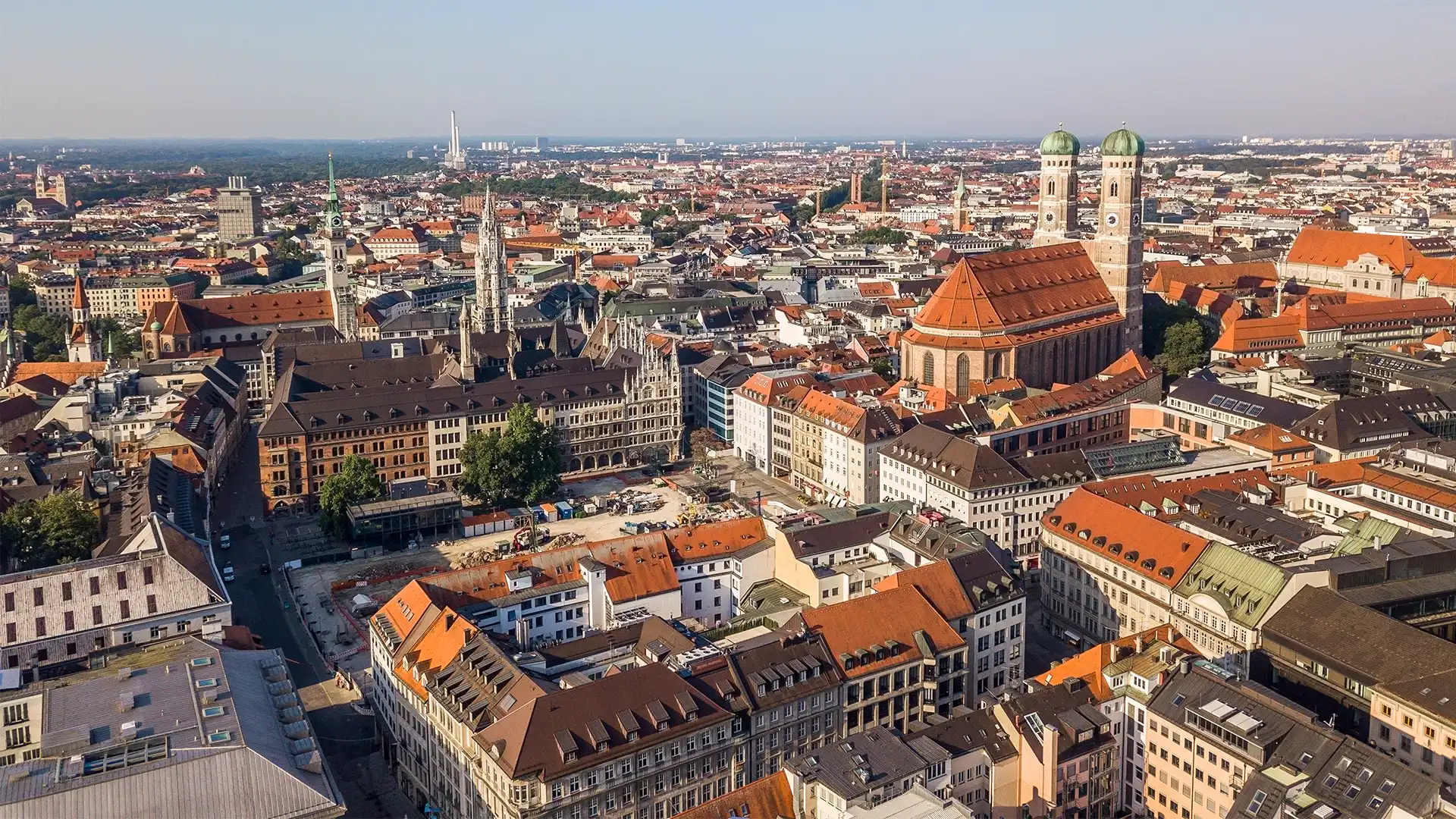Salaries in Munich: An In-Depth Guide for Professionals and Expats
- Salaries in Munich: An In-Depth Guide for Professionals and Expats
- What is the Average Salary in Munich?
- How Does Education Level Affect Salary in Munich?
- How Much Do Professionals Earn in Munich by Industry and Experience Level?
- Full-Time vs. Part Time Salaries in Munich: How Do They Compare?
- Projected Salary Growth in Key Munich Sectors
- Understanding Germany’s Tax Classes and Their Impact on Net Salary in Munich
- How Munich’s Salaries Compare to the EU and Global Markets
- Average Salary in Munich by Job Title for Expats: What to Expect
- Munich vs. Other German Cities: How Does Salary Compare?
- Historical Salary Trends in Munich: How Have Earnings Evolved?
- Lifestyle Choices and Monthly Budget Impact in Munich
- Exploring Munich’s Startup Scene and Salary Expectations
- Comparing Munich Salaries to EU and Global Standards
- Additional Considerations: Taxes, Healthcare, and Social Benefits
- Is Munich’s Salary Worth It?
- FAQ: Salaries in Munich
- Average Salaries Across The German Cities
- Average Salary in Leipzig
- Average Salary in Hamburg
- Average Salary in Stuttgart
- Average Salary in Munich
Munich, Bavaria’s capital, is renowned for its high quality of life, dynamic job market, and competitive salaries. Known as one of Germany’s most desirable cities, Munich offers attractive salaries that offset its high living costs.
This guide dives into the average salaries in Munich across industries, education levels, experience, and job titles, helping professionals and expats make informed decisions.
What is the Average Salary in Munich?
With Munich’s status as a high-cost city, understanding average salaries is essential. According to data from the Federal Statistical Office, the average annual gross salary in Munich is around €63,000, with a typical net income of €40,000. The German progressive tax system impacts take-home pay, with rates varying by income level, marital status, and dependents. Munich’s competitive salaries, particularly in finance, IT, and engineering, make it a top destination for professionals.
- Gross Average Salary: €63,000 per year
- Net Average Salary: €40,000 per year
| Factor | Gross Average (€) | Net Average (€) |
|---|---|---|
| Munich | 63,000 | 40,000 |
| National Avg | 54,000 | 35,000 |
How Does Education Level Affect Salary in Munich?
Education level is a major determinant of salary in Munich. Advanced degrees in high-demand fields, such as finance, technology, and engineering, significantly boost earning potential.
| Education Level | Annual Gross Salary (€) |
|---|---|
| High School Diploma | 30,000 – 40,000 |
| Bachelor’s Degree | 45,000 – 55,000 |
| Master’s Degree | 55,000 – 75,000 |
| Ph.D. | 70,000 – 100,000 |
Munich’s job market places high value on advanced degrees, especially in fields like engineering and IT, where Ph.D. holders often earn above the city average.
How Much Do Professionals Earn in Munich by Industry and Experience Level?
Understanding salaries by industry and experience level can offer deeper insights into Munich’s job market. Entry-level, mid-level, and senior roles vary widely across sectors, with some industries offering notably higher salaries.
| Industry | Entry-Level (€) | Mid-Level (€) | Senior-Level (€) |
|---|---|---|---|
| Finance | 45,000 – 55,000 | 75,000 – 95,000 | 110,000 – 150,000 |
| IT & Technology | 50,000 – 60,000 | 70,000 – 90,000 | 100,000 – 120,000 |
| Engineering | 45,000 – 55,000 | 65,000 – 85,000 | 90,000 – 130,000 |
| Healthcare | 40,000 – 50,000 | 60,000 – 75,000 | 85,000 – 100,000 |
The Impact of Language Skills on The Income in Munich
Language proficiency can influence earning potential, especially for expats in Munich. Proficiency in German can lead to higher-paying roles in management and client-facing positions, while English-only roles are more common in tech and international companies.
- Fluent in German: Essential for senior roles, especially in non-technical fields.
- English-only Roles: Available in IT and engineering, often with competitive but slightly lower salaries compared to roles requiring German.
Industry-Specific Benefits Beyond Salary: What Do Employers in Munich Offer?
In addition to base salaries, certain industries in Munich offer substantial benefits, enhancing the overall compensation package for employees:
- Finance: Performance bonuses, stock options, and relocation support are common.
- IT: Flexible work arrangements, training allowances, and occasional remote-work subsidies.
- Healthcare: Enhanced pension plans, additional leave options, and comprehensive health insurance.
Full-Time vs. Part Time Salaries in Munich: How Do They Compare?
Munich offers part-time employment options that allow flexibility for students, parents, and professionals balancing other commitments. Here’s a look at average hourly wages by role for part-time positions:
| Role | Hourly Wage (€) |
|---|---|
| Retail Assistant | 12 – 15 |
| Office Assistant | 15 – 18 |
| Research Assistant | 18 – 22 |
| Freelance Designer | 20 – 30 |
Projected Salary Growth in Key Munich Sectors
Certain sectors in Munich are expected to experience salary growth in the coming years, driven by industry demand and innovation. These growth trends can guide professionals in aligning their career choices with lucrative opportunities.
- Tech & IT: Expected growth of 5-7% as Munich’s tech hubs expand.
- Green Energy and Sustainability: Projected growth of 4-6% as the city invests in sustainable solutions.
- Healthcare: Estimated growth of 3-5%, driven by rising demand in healthcare services.
Understanding Germany’s Tax Classes and Their Impact on Net Salary in Munich
Germany’s tax classes influence net income, providing a range of tax brackets based on individual circumstances. Here’s a quick overview:
| Tax Class | Description |
|---|---|
| Class I | Single or divorced |
| Class II | Single parent |
| Class III | Married with one spouse earning more |
| Class IV | Married with similar incomes |
| Class V | Married, lower-earning spouse |
| Class VI | Multiple job holders |
How Munich’s Salaries Compare to the EU and Global Markets
Munich’s salaries are competitive within the EU and globally. Here’s a comparative look:
- EU Comparison: Munich salaries are approximately 20-30% higher than the EU average, though taxes and living costs are also higher.
- Global Benchmark: Salaries in Munich may be lower than in Switzerland or the U.S., but Germany’s benefits, such as public healthcare and education, offer additional value.
Average Salary in Munich by Job Title for Expats: What to Expect
Munich’s job market provides a wide salary range across high-demand sectors, especially in finance, IT, and engineering.
| Profession | Annual Gross Salary (€) | Monthly Net Salary (€) |
|---|---|---|
| Investment Banker | 85,000 – 115,000 | 5,500 – 7,000 |
| Software Engineer | 60,000 – 80,000 | 4,000 – 5,200 |
| IT Project Manager | 75,000 – 95,000 | 4,800 – 6,200 |
| Mechanical Engineer | 55,000 – 70,000 | 3,800 – 4,500 |
| Data Scientist | 60,000 – 85,000 | 4,200 – 5,500 |
Munich vs. Other German Cities: How Does Salary Compare?
Munich salaries often exceed those in other major German cities, though the cost of living is also higher.
| City | IT/Tech (€) | Finance (€) | Marketing (€) | Engineering (€) | Healthcare (€) |
|---|---|---|---|---|---|
| Munich | 3,500 – 4,500 | 4,000 – 5,000 | 3,200 – 4,200 | 3,800 – 4,800 | 3,500 – 4,200 |
| Berlin | 3,200 – 4,000 | 3,700 – 4,500 | 3,000 – 3,700 | 3,400 – 4,300 | 3,200 – 3,800 |
| Frankfurt | 3,500 – 4,300 | 4,000 – 5,100 | 3,300 – 4,000 | 3,700 – 4,500 | 3,400 – 4,000 |
Historical Salary Trends in Munich: How Have Earnings Evolved?
Munich has shown steady salary growth over the last decade, particularly in sectors like tech, finance, and engineering.
| Year | Average Gross Salary (€) |
|---|---|
| 2015 | 52,000 |
| 2018 | 57,000 |
| 2021 | 61,000 |
| 2024 | 63,000 |
Lifestyle Choices and Monthly Budget Impact in Munich
Lifestyle choices in Munich influence monthly expenses:
- Neighborhood Choices: High-end areas like Maxvorstadt cost around €1,800 for a one-bedroom, while more affordable neighborhoods like Sendling range from €1,200 – €1,500.
- Transportation Options: A monthly pass costs €60, while car ownership adds fuel, parking, and insurance expenses.
- Dining Out vs. Cooking: Dining out can increase monthly expenses by around €300, while cooking at home is generally more economical.
Exploring Munich’s Startup Scene and Salary Expectations
Munich’s startup ecosystem, especially in technology and biotech, is expanding rapidly, providing opportunities for innovative work environments and competitive salaries. The city’s strong focus on research and development, combined with support from local incubators and accelerators, fosters an environment where startups can thrive.
| Company Size | Average Annual Salary (€) |
|---|---|
| Small Startups | 35,000 – 50,000 |
| Medium Startups | 50,000 – 70,000 |
| Established Startups | 70,000 – 100,000 |
Munich’s vibrant startup scene attracts talent from around the globe, particularly in high-growth sectors such as fintech, healthtech, and green energy. Startups often provide unique benefits that appeal to younger professionals, including flexible work arrangements, opportunities for rapid career advancement, and the chance to work on cutting-edge projects.
Many startups in Munich focus on innovative solutions and technologies, offering employees a chance to contribute to impactful projects that can disrupt traditional industries. Additionally, the collaborative atmosphere within the startup community fosters networking opportunities and a culture of knowledge sharing.
Comparing Munich Salaries to EU and Global Standards
Placing Munich’s average salary in an international context helps assess its competitiveness:
- EU Comparison: Munich’s average salary is 20-30% higher than the EU average, though high taxes offset some of this advantage.
- Global Benchmark: Munich’s salaries are lower than in cities like Zurich or New York, but Germany’s benefits, such as healthcare and education, help balance the difference.
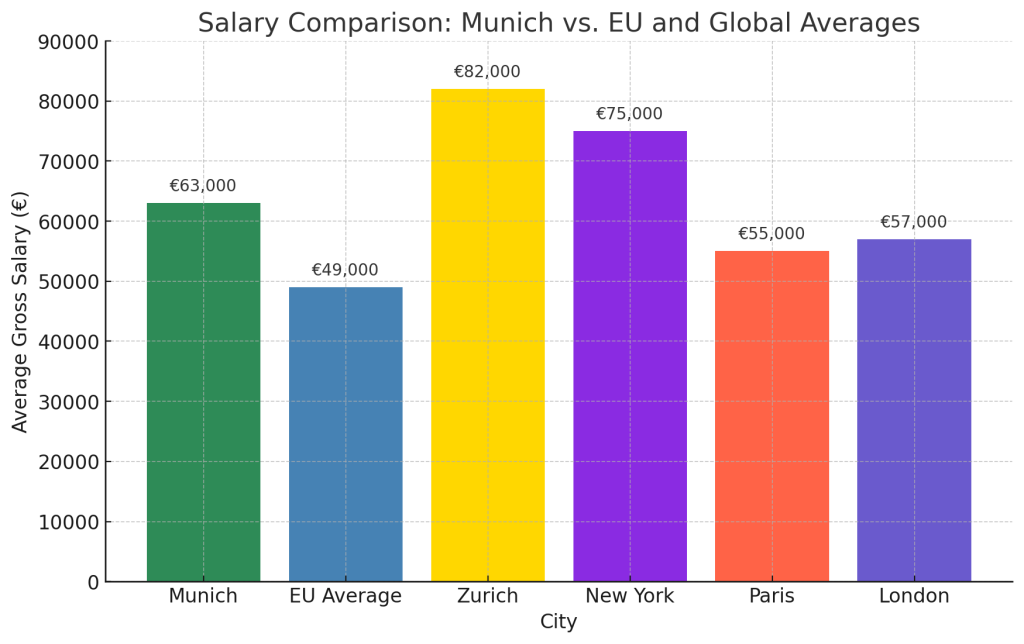
In comparison:
- Paris: Average salaries in Paris are around €55,000, making Munich’s salaries around 15% higher. However, Paris offers comparable cost of living and tax levels, making both cities relatively similar in terms of net income.
- London: London offers an average salary of €57,000, which is slightly lower than Munich’s. However, London’s cost of living, especially housing, is significantly higher, meaning professionals in Munich often enjoy a better balance of disposable income.
- Zurich: Zurich’s average salary is one of the highest in Europe, around €82,000. Despite its elevated salary, Zurich’s high cost of living, especially for housing and services, often matches Munich’s in terms of affordability after expenses.
Global Salary Comparison: Munich vs. Top International Cities
Comparing Munich’s salaries with other major cities worldwide highlights Germany’s unique balance of income and social benefits. While some cities offer higher gross salaries, Germany’s extensive social support—such as public healthcare, education, and retirement benefits—creates additional value for Munich’s residents.
- New York: With an average salary of around €75,000, New York is higher than Munich. However, New York’s cost of living, particularly in housing and healthcare, is also considerably higher. Many expats find that Munich’s comprehensive social benefits make up for the difference in gross pay, providing a more stable financial environment.
- Zurich: Zurich’s salary levels are about 30% higher than Munich’s, at around €82,000. Despite the higher salary, the cost of living, particularly for rent and everyday goods, is among the highest in Europe, making Zurich less accessible for individuals on average incomes.
- Paris and London: Both cities offer similar salary levels to Munich but with varying costs of living. Paris, at €55,000, and London, at €57,000, are both slightly lower than Munich. However, London’s high housing costs can make it challenging to maintain the same quality of life as in Munich. Paris is closer in affordability, though tax structures differ between Germany and France.
| City | Average Gross Salary (€) | Cost of Living Comparison with Munich |
|---|---|---|
| Munich | 63,000 | Baseline |
| Zurich | 82,000 | Higher cost, especially in housing |
| New York | 75,000 | Higher cost, particularly healthcare |
| Paris | 55,000 | Similar cost |
| London | 57,000 | Higher cost, especially in housing |
| EU Average | 49,000 | Varies by country |
Additional Considerations: Taxes, Healthcare, and Social Benefits
One major factor that sets Munich apart from many global cities is Germany’s comprehensive social system. Despite lower gross salaries than Zurich or New York, Munich residents benefit from public healthcare, education, and robust social welfare programs that reduce out-of-pocket expenses for healthcare and other essential services. These benefits create a strong safety net, particularly appealing for families and individuals planning long-term stays.
For instance:
- Healthcare: In Germany, healthcare is publicly funded, covering a significant portion of medical expenses. In contrast, in the U.S., healthcare costs are high and typically require private insurance.
- Education: Munich residents benefit from free public education, whereas private schooling in cities like Zurich and New York can add substantial yearly costs.
Is Munich’s Salary Worth It?
For professionals seeking a well-rounded lifestyle with job opportunities in high-growth sectors like technology, finance, and engineering, Munich’s salary levels are attractive. Coupled with lower living costs than Zurich or New York and comprehensive social benefits, Munich offers a unique balance that makes it competitive on the global stage for both financial stability and quality of life.
FAQ: Salaries in Munich
What is a good salary in Munich?
A good salary in Munich is typically around €60,000 to €70,000 per year before taxes. This allows for a comfortable lifestyle, considering the city’s high living costs, including rent, transportation, and leisure activities.
Is 70000 euros a good salary in Munich?
Yes, €70,000 is considered a good salary in Munich. It allows for a comfortable lifestyle, covering rent, daily expenses, and leisure activities, with some savings potential, despite the city’s high cost of living.
What is a livable wage in Munich?
A livable wage in Munich is approximately €45,000 to €50,000 annually before taxes. This amount covers basic living expenses, including rent, groceries, and transportation, but may leave limited room for savings or luxury spending.
Is 65000 euro a good salary in Munich?
Yes, €65,000 is a good salary in Munich. It comfortably covers living expenses, including rent, transportation, and leisure, with the potential for some savings, making it a solid income for most professionals.
Is 80K good for Munich?
Yes, €80,000 is an excellent salary in Munich. It allows for a high standard of living, covering all essential expenses comfortably, while also offering significant savings potential and opportunities for luxury spending.
How much does an expat earn in Munich?
Expats in Munich typically earn between €50,000 and €70,000 per year, depending on their industry and experience. High-skilled professionals, particularly in IT, finance, and engineering, often earn towards the higher end of this range.
Is living in Munich expensive?
Yes, living in Munich is expensive, with high costs for rent, dining, and transportation. However, salaries in the city are generally higher, which helps offset the higher living expenses for residents.
Is 5000 euro net a good salary in Munich?
Yes, €5,000 net per month is a very good salary in Munich. It provides a comfortable lifestyle, covering all essential expenses, including rent, transportation, and leisure, with a substantial amount left for savings.
How informative was this article?
Click on a star to rate it!
We are sorry that this post was not useful for you!
Let us improve this post!
What is missing in the article?



